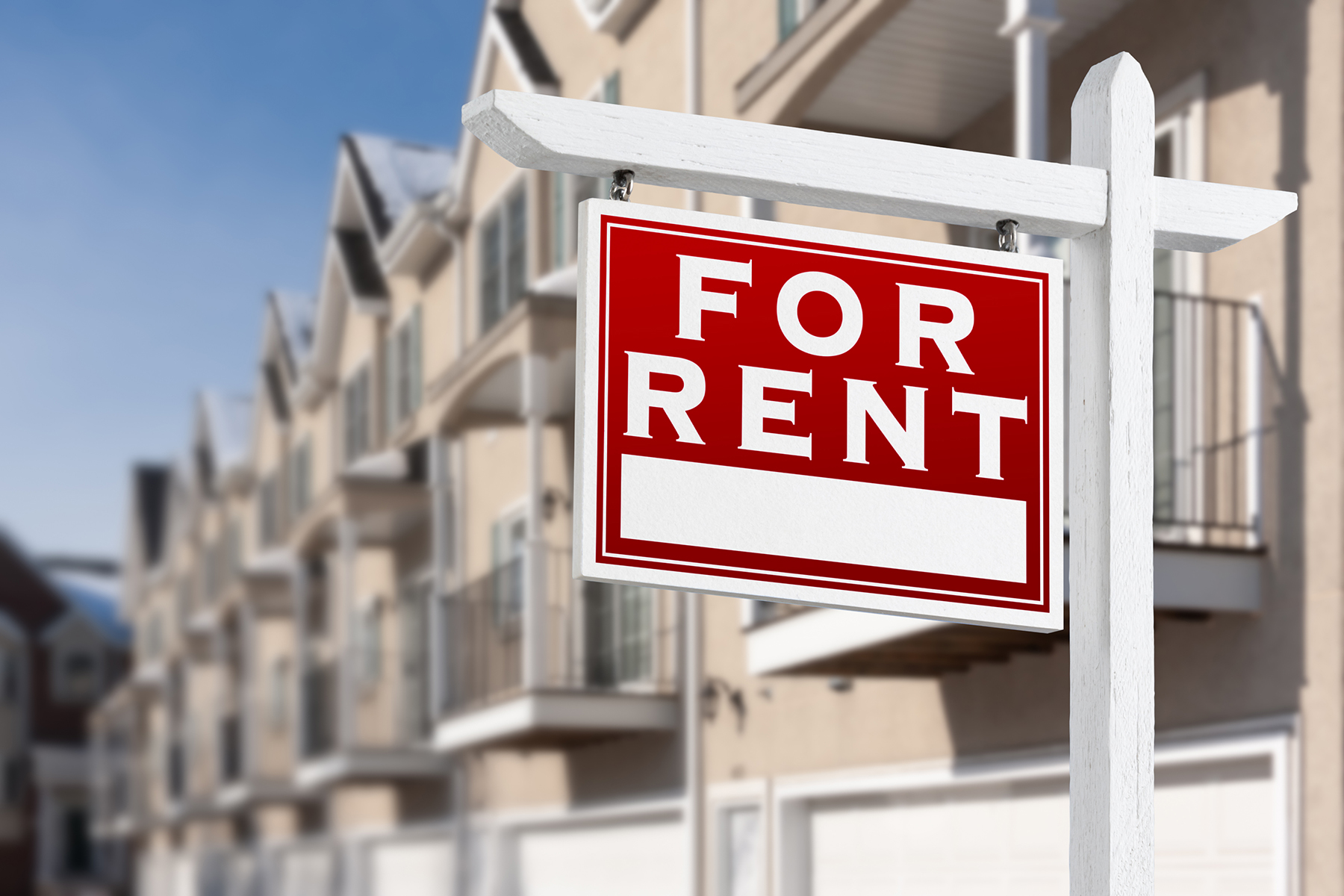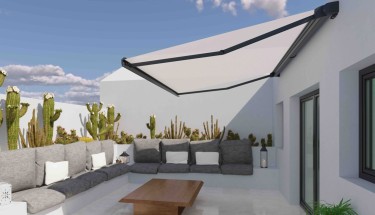Discover how apartment rentals provide comfort, flexibility, and lifestyle advantages
Apartment rentals are a practical living solution for individuals, families, and professionals seeking convenience, flexibility, and community access. Unlike ownership, renting allows people to enjoy modern amenities without long-term financial commitments. Apartments often provide proximity to workplaces, schools, and services, while offering a range of layouts to fit different lifestyles. Understanding the features of apartment rentals can help people make informed decisions about where and how they live.

1. Location Advantages
One of the most significant benefits of apartment rentals is their location. Many apartment complexes are situated in urban centers or near essential services such as public transportation, hospitals, and shopping areas. This reduces commuting time and makes daily life more convenient. For professionals, it often means living closer to offices, coworking spaces, or industry hubs. Families also benefit from proximity to schools, childcare facilities, and parks. Choosing a rental in a strategic location provides access to resources that enhance quality of life.
2. Flexibility in Living Arrangements
Renting provides flexibility that ownership cannot always offer. Tenants can adjust their living situation based on career changes, family size, or lifestyle preferences. Shorter lease terms are particularly beneficial for students, contract workers, or people exploring new cities. Unlike owning a home, renters are not tied down by long-term financial or maintenance responsibilities, giving them the ability to relocate when needed.
3. Variety of Apartment Options
Apartment rentals come in many forms, including studio units, one-bedroom, two-bedroom, and larger family apartments. Some complexes also offer furnished options, saving tenants the effort of buying or transporting furniture. This variety allows individuals to choose spaces that fit their budgets and lifestyle needs, whether they seek minimalism or more spacious living arrangements.
4. Access to Amenities
Modern apartment complexes often include amenities that enhance daily living. These may include gyms, swimming pools, communal lounges, rooftop gardens, or study rooms. Such facilities create added value by offering recreation, fitness, and relaxation opportunities without leaving the building. For many renters, these shared resources make apartment living more convenient and enjoyable.
5. Lower Maintenance Responsibility
Another advantage of apartment rentals is reduced maintenance responsibility. Repairs to plumbing, electrical systems, or structural issues are generally handled by property management. This saves tenants time, effort, and unexpected costs. Renters can focus on their personal and professional lives while relying on management to maintain the property.
6. Cost Considerations
For many, renting is a more affordable option compared to purchasing property. It avoids large down payments and mortgage obligations, which can be significant barriers to homeownership. In addition, tenants can often choose utilities and amenities included in their rent, making expenses predictable and manageable. This financial flexibility appeals to students, young professionals, and those not yet ready for long-term investment.
7. Community and Social Interaction
Apartment complexes often foster a sense of community by bringing people together. Shared spaces such as gyms, lounges, or playgrounds encourage interaction among residents. For newcomers to a city, this environment can be especially valuable for building social networks. The sense of belonging can enhance overall well-being and make apartment living more fulfilling.
8. Safety and Security
Many apartment buildings are equipped with safety measures such as surveillance cameras, secure entry systems, and on-site security personnel. These features provide peace of mind for tenants who prioritize safety. Additionally, living in a community with neighbors close by can create an added layer of security through mutual awareness and support.
9. Sustainable Living
Apartment living can also contribute to sustainability. High-density housing reduces land use compared to single-family homes, while shared amenities such as heating and cooling systems are often more energy-efficient. Some modern complexes incorporate eco-friendly practices like recycling programs, energy-efficient lighting, and green building materials.
10. Adapting to Different Life Stages
Apartment rentals can suit various life stages. Students may appreciate the affordability and location convenience, young professionals value flexibility and amenities, while families may choose larger apartments close to schools and parks. Retirees may also prefer apartments with accessible features and community services. This adaptability makes rentals suitable for diverse populations.






